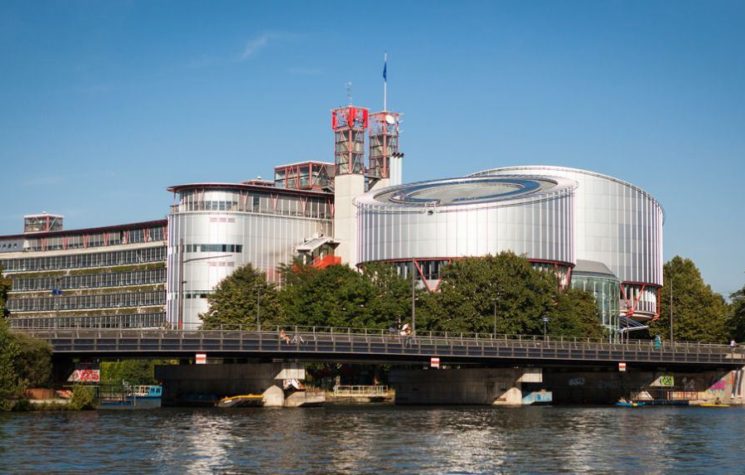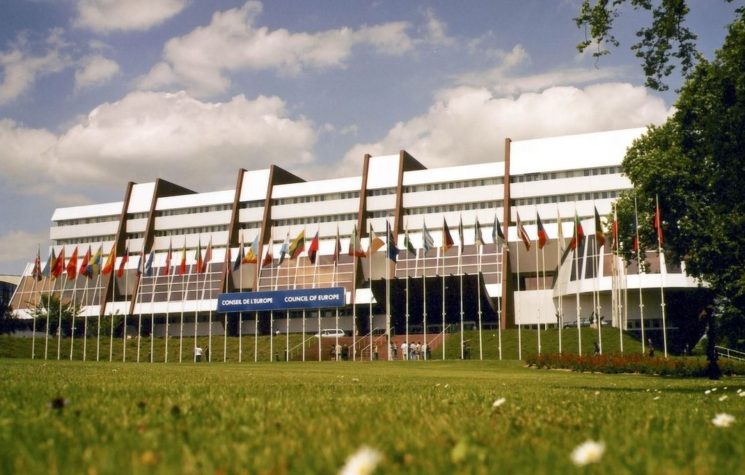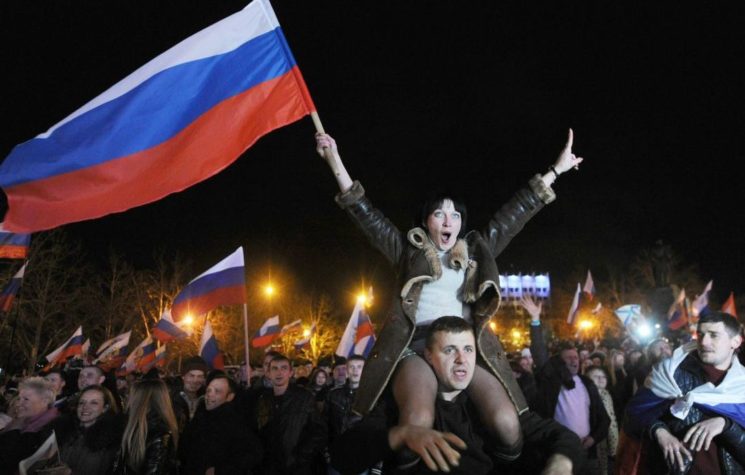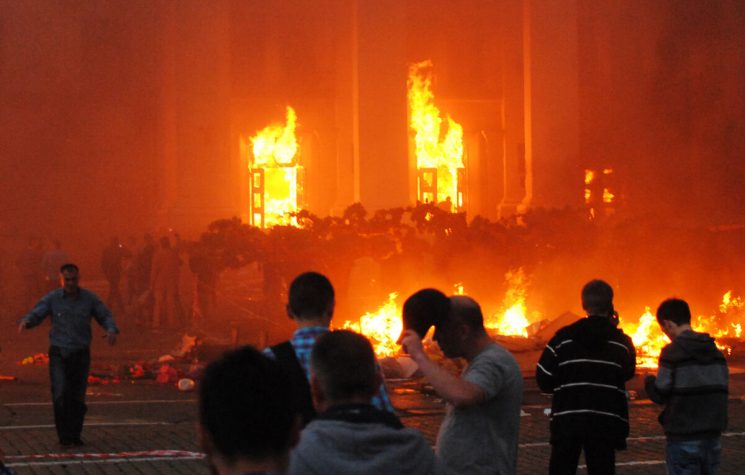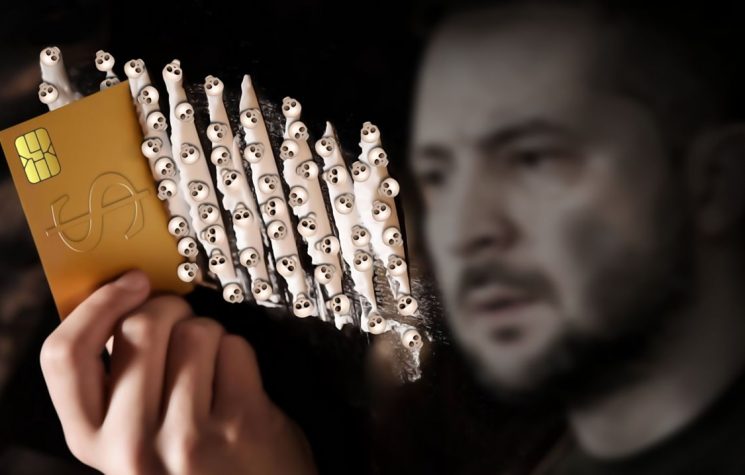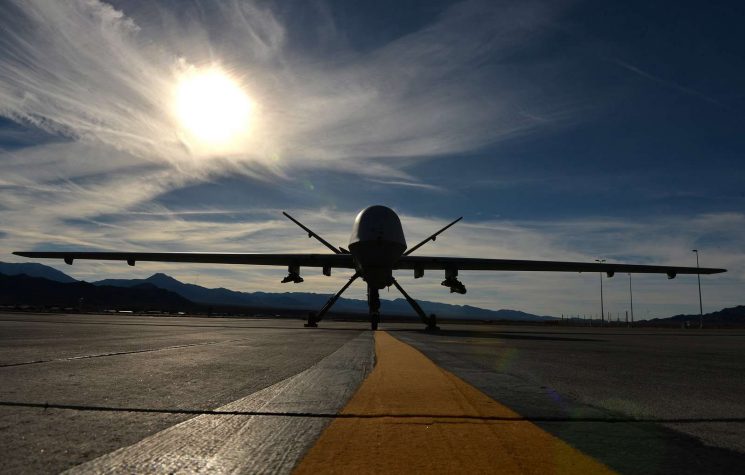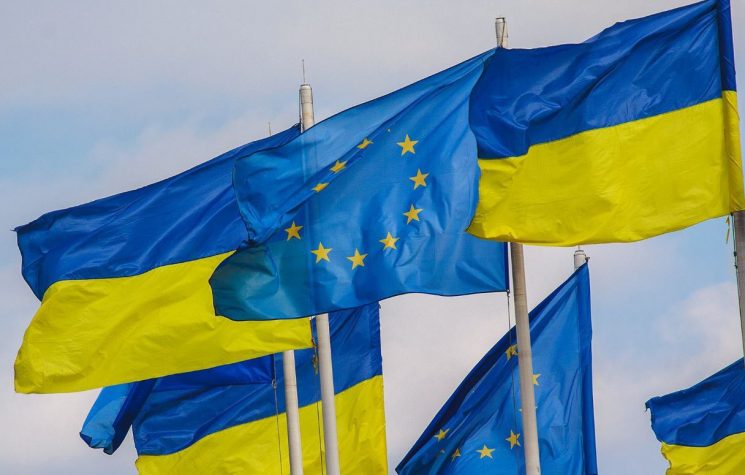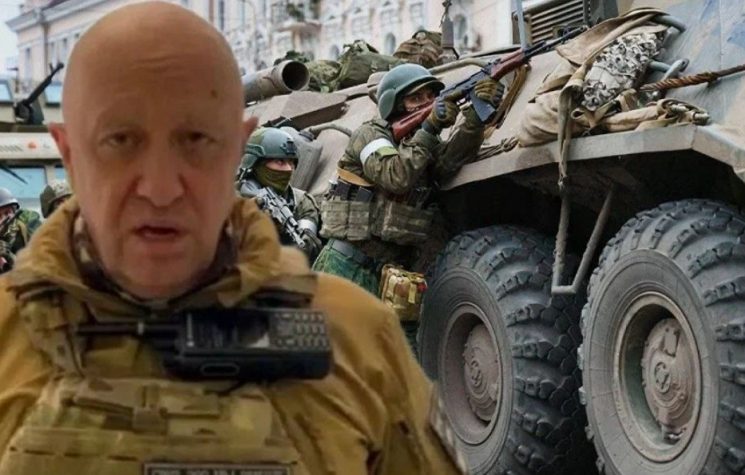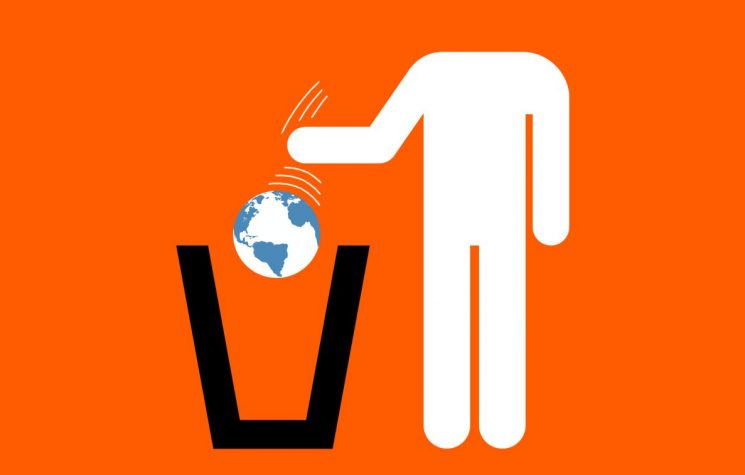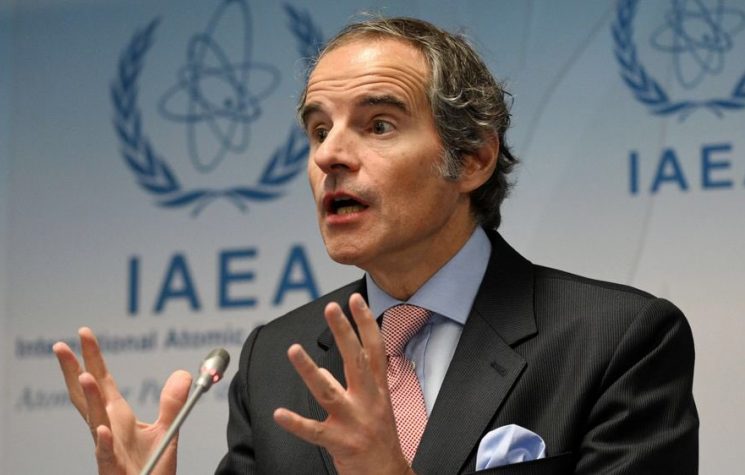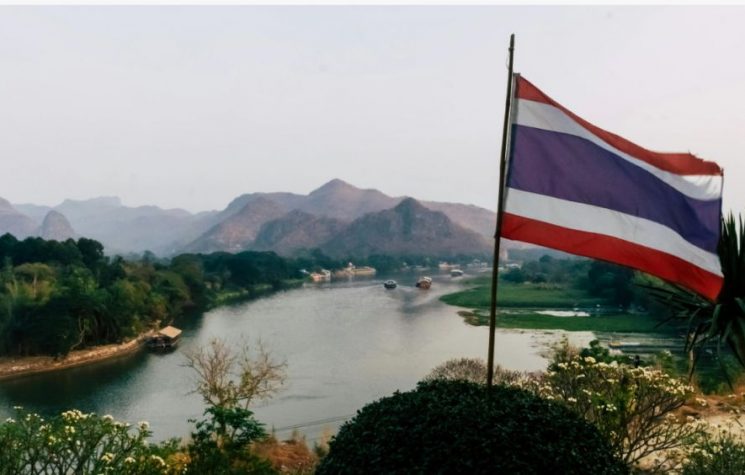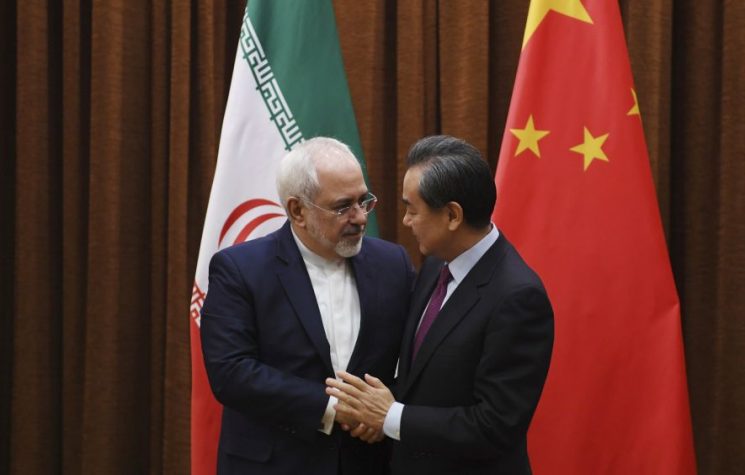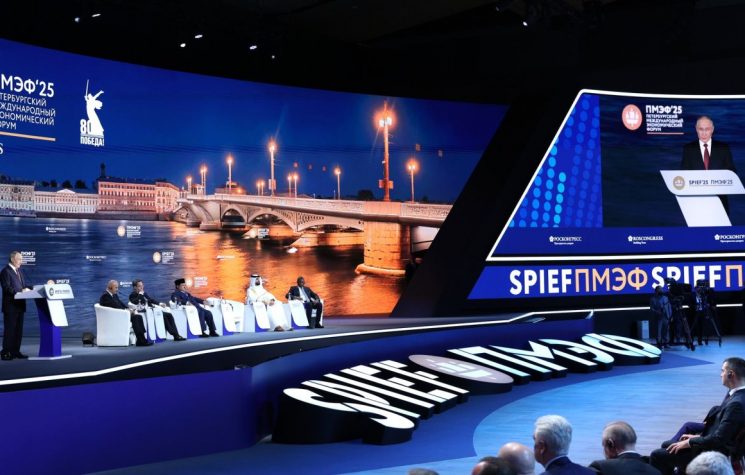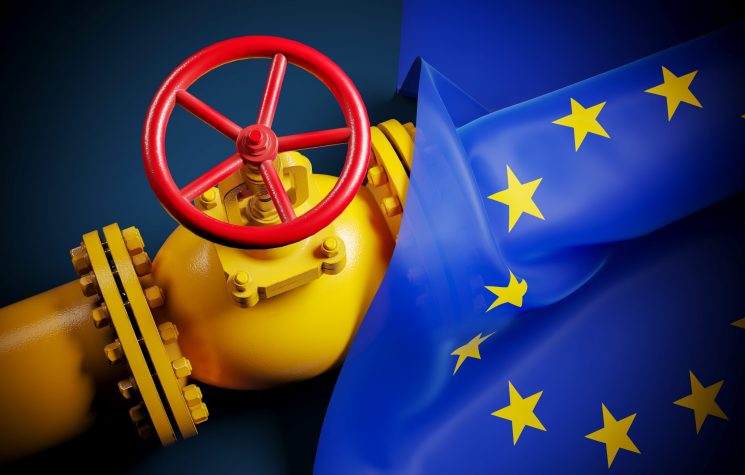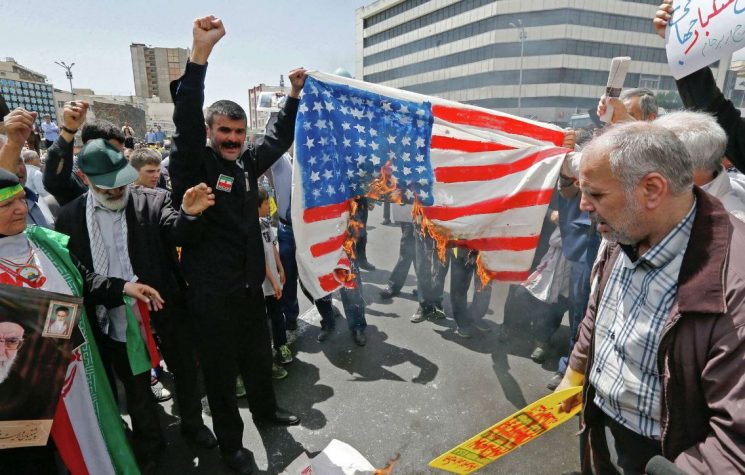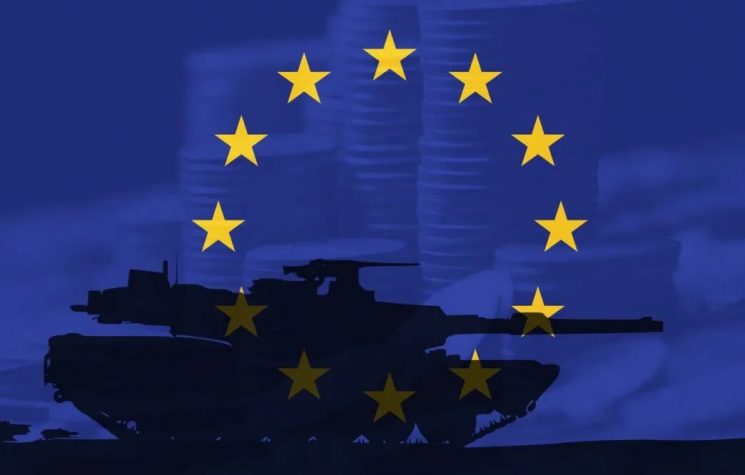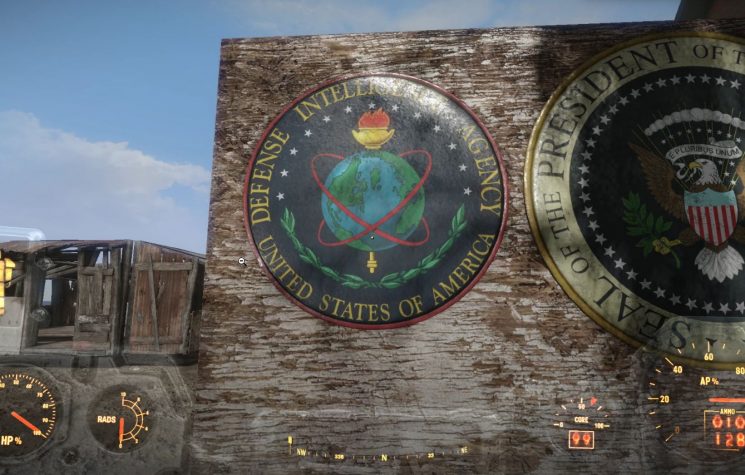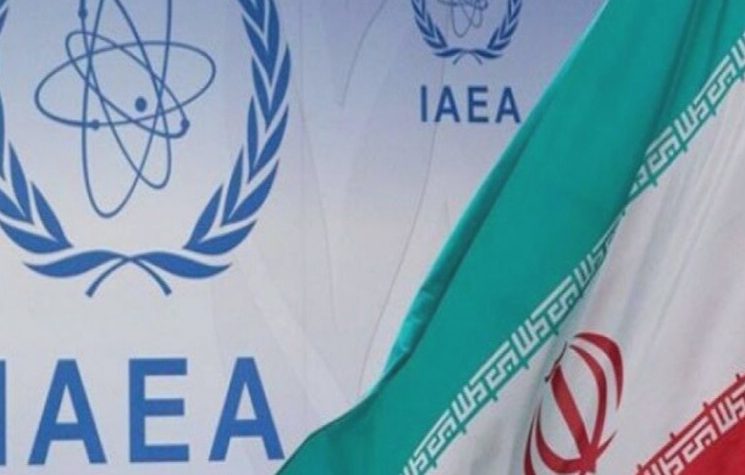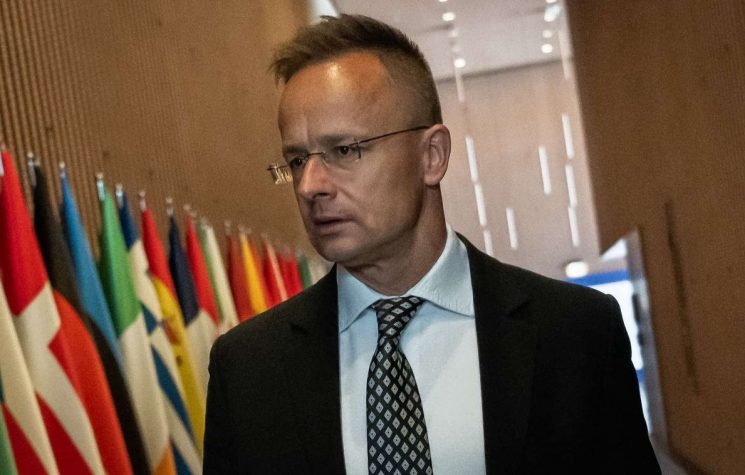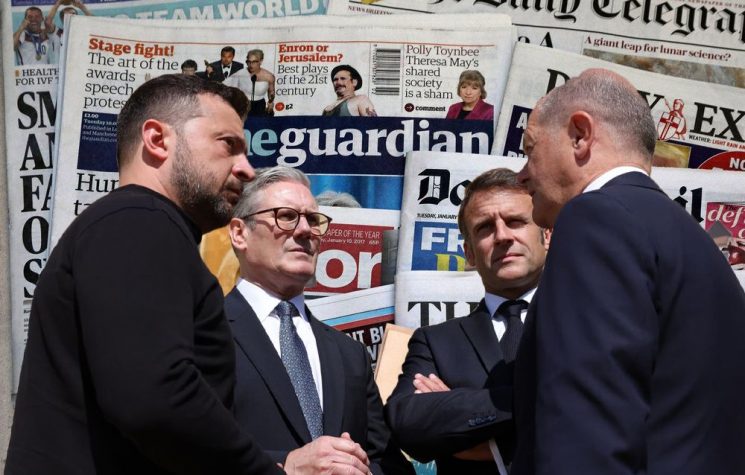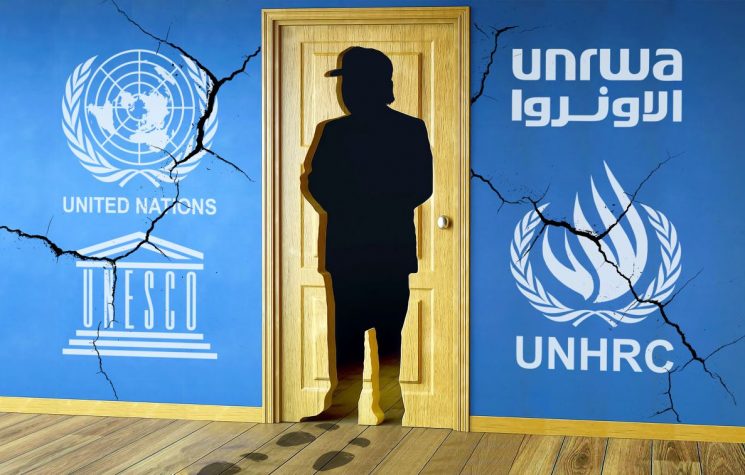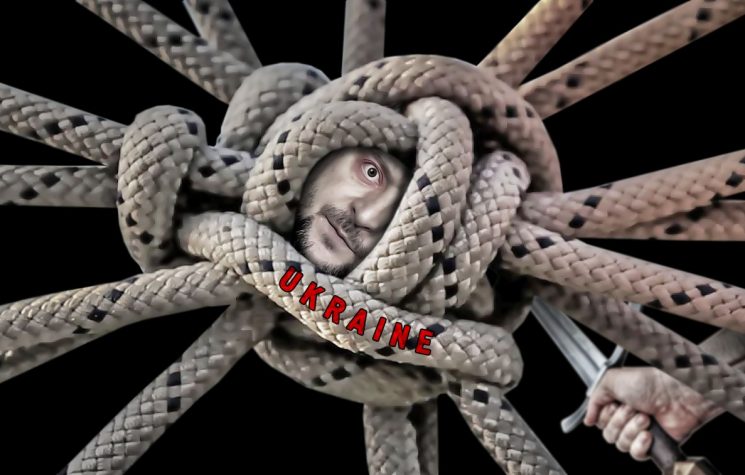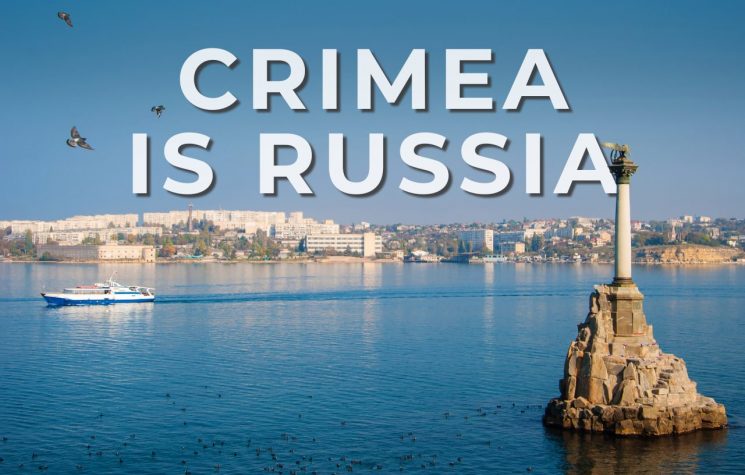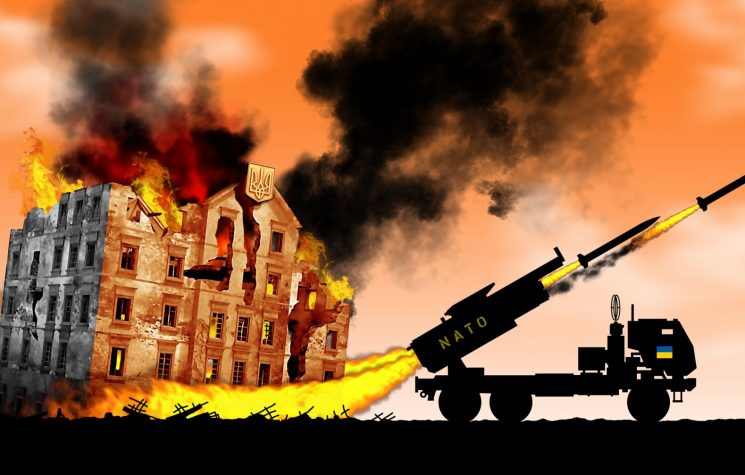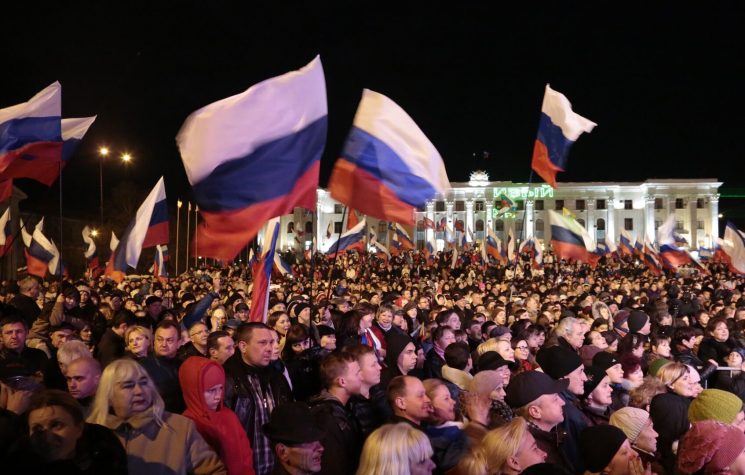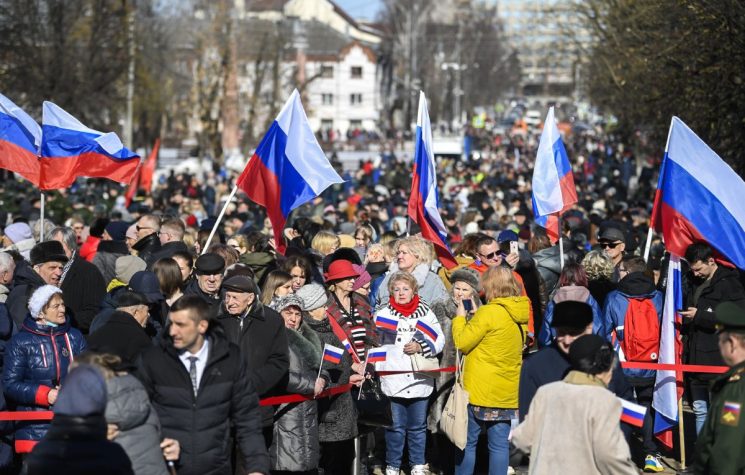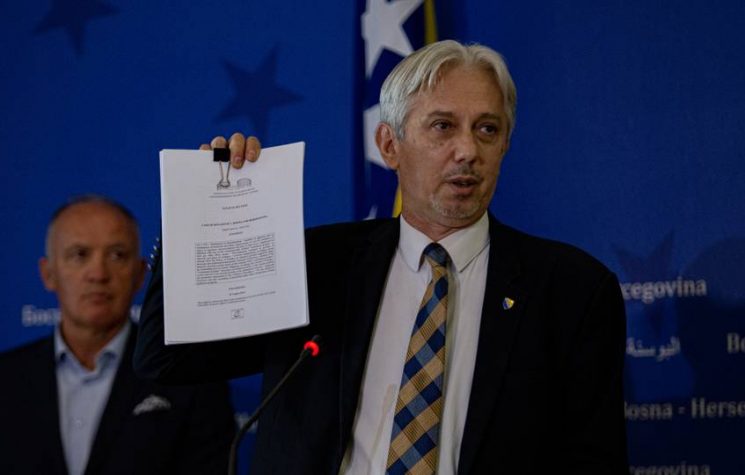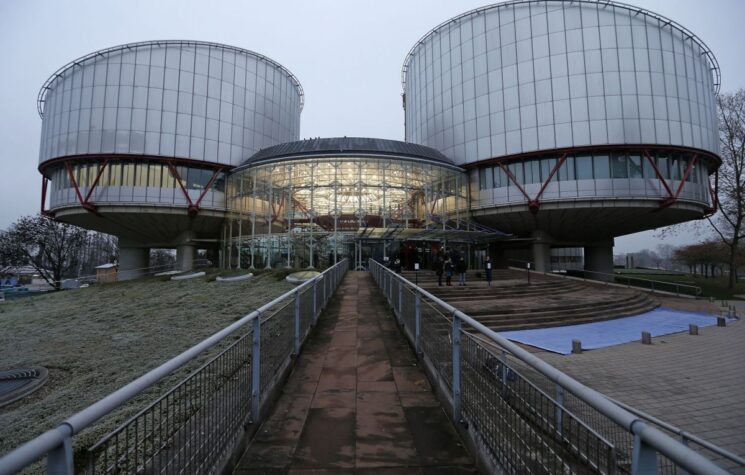Ukraine has filed a problematic complaint through the European Court of Human Rights against Russia, alleging violations of the human rights of both individual citizens, and violations against the Crimean Tatar minority on the whole. But how they’ve gone about it, may require the commission to determine – whether overtly or de facto – whether Russia’s control over Crimea is illegal. This raises serious questions about the admissibility of the claims themselves, and create a procedural headache for the ECHR. Meanwhile, the backdrop is that the ECHR understands the importance of Russia’s membership in the Council of Europe and its voluntary compliance with the European Convention on Human Rights.
The problem for Ukraine is that the ECHR understands this is a political process. At the same time, Russia has fought to maintain membership as much as the Council of Europe has pushed for Russia to be a member in recent times, but Russia is likely to exit if the ECHR makes the kind of irresponsible ruling that Ukraine seeks.
On the balance, this places Ukraine’s claims in danger of being rejected outright, de-legitimizing their claim, and perhaps even creating the de facto precedent that an international body with standing among the parties, such as is the ECHR, treated the Russian control of Crimea as a legal (or, perhaps, ‘not illegal’) phenomenon.
But Ukraine’s aggressive moves, its poor evidence coming from previously debunked and openly Atlantic Council backed vectors, in combination with the fragile international relations involved, stands to backfire massively for the beleaguered Ukraine. The way Ukraine has constructed their case, the human rights claims are unnecessarily tied to the overarching framework of an alleged illegal annexation of Crimea on the part of Russia.
US interference in the ECHR Process will not be smiled upon
That Atlanticists in Ukraine and the US/UK are pushing this case is clear. For example, Russia’s representative to the ECHR, Deputy Justice Minister Mikhail Galperin, who has been dealing with Russia’s response to Ukraine’s suit, was put into the Myrotvorets database by Ukraine after recent court hearings.
The Myrotvorets database is a US created ‘independent’ website which lists ‘enemies’ of Ukraine. Since its creation, it has come under the de facto control of Ukrainian and US intelligence agencies, but technically is operated at arm’s length from any official structure.
Does this tell us about the attempt to politicize the whole process, interfering in Ukraine? Can this be considered as US foreign pressure on the ECHR itself?
Absolutely it can, but of course Galperin’s addition to the Myrotvorets database won’t have any effect of influencing anyone in the ECHR. No one believes that Myrotvorets informal black-list lends any credibility to Ukraine’s case.
Just as odd as the Myrotvorets stunt is that the case involves evidence produced by Bellingcat, which does not have any official standing before international bodies, and they have been previously shown to have manufactured evidence, and their evidence could be rejected on that basis. Russia would certainly claim that Bellingcat either manufactured evidence intentionally, or that their patterns of errors in the past makes this evidence too compromised to use in a legal proceeding.
Still the games being played with Myrotvorets and Bellingcat are very clear indications that this process is being initiated and reinforced by the so-called ‘deep-state’ in the US.
So it is clear that the US has its hand in this, to simplify the dynamics and without digging further into any theory about whether Zelensky and Trump, for their part, approve of this. It’s likely the court will frown on these obvious Atlanticist moves and interference.
This all begs the question:
What reaction may we expect from the ECHR?
The ECHR is being asked to make a determination outside of the scope of the initially presented case and its facts. To begin with the claim that the Russian ‘occupation’ of Crimea has resulted in the violation of the Human Rights of, for example, Tatars and protected minorities, assumes that Russia has annexed Crimea, or that its present control is illegal.
So this brings to issue many strange twists, because there is such a thing as a legal occupation: even if it were established that the referendum process was flawed, and that Russia used military or intelligence power to gain control of the Crimea, this doesn’t, on the face of it, require that Russia’s control is illegal. That splits the question three or more ways, and not just two. Russia wants to avoid any finding that says – or is inferentially based on – either that Crimea is under occupation, legally or illegally.
In consulting experts on international law and sovereignty, in the precedence established in past rulings from the ECHR, we received some interesting opinions from the Center for Syncretic Studies’ legal council, Marija Katic, who follows matters of international law closely.
In her view, Ukraine presented its case such that the court was placed in the position of asking in pre-trial hearings whether the parties want it to rule on whether Russia is an illegal occupying power. Both parties agree that Russia has control over Crimea, but Ukraine also wanted the court to rule on the legality of such control. Russia does not want the court to rule on this, or create a ruling that infers that its control is either illegal or founded on the basis of military occupation.
This may have a backlash against Ukraine. It would be more reasonable for the rights of the people concerned, to file as Russian citizens. The process so far has the claimants as Ukrainians under occupation – Russia claims these are Russian citizens (and not foreign citizens under occupation). This raises serious questions of admissibility for the ECHR to move on this in a way that Ukraine might want.
This is where the nominal case presented – human rights – exceeds the expected questions the court sought to weigh on when looking at the viability of the case in the first place.
The aim of the court in general, because matters of both creating and acting upon precedent are involved, would be to generally defer to the narrowest possible application of its authority, involving themselves in the narrowest possible creation of future precedence.
From what we understand, the court may – sooner than later – respond to Ukraine that while it can be involved in pursuing the process for a ruling given that the citizens in question maintain and affirm their Ukrainian citizenship, it is not necessary to determine if Russia is illegally in control of Crimea.
The court can proceed on this without needing to rule on the legality of Russia’s control, nor does it help the Council of Europe maintain the membership of the Russian Federation – something which the Council of Europe affirmed the importance of last June in its vote then.
What were Ukraine’s real aims?
It would seem that what Ukraine really wanted was a ruling in its favor on the legality of control, which would compel Russia to quit the Council of Europe itself – a nominal Atlanticist victory, not whether human rights were actually violated. Then the nominal case of human rights would be through that lens, one which is much more geopolitical than it needs to be otherwise. If the court had to either weigh in on whether Russia’s control of Crimea was illegal, or if it made a ruling using a framework where this much is inferred, it would not bode well for Russia-EU relations which are in fact nearing a realized rapprochement.
What Ukraine is really after, besides a case which symbolically used the premise that Russia illegally occupied Crimea, is in fact a referendum on Russia’s membership in the Council of Europe.
Those individual citizens claiming persecution for their activism to see Crimea return to Ukraine would even perhaps have a better chance at getting a favorable ruling if Russia is seen as legitimately being in control of Crimea. Setting aside the issue of admissibility of the claims against Russia, if Russia’s administration is viewed either neutrally or as legitimate, then the claimaints would have to make a case that their rights were violated under Russia’s constitution and not under international law regarding the rights of people living under occupation. And then, in turn, the question of admissibility itself arises.
Questions of human rights of people under an occupation may be more able to be resolved within international bodies, under the ECHR and with reference to Geneva, whereas if the question is addressed in a way which presumes no wrong-doing regarding Russia’s control of Crimea, then we would probably presume a finding or judgment – if one is even made – based on whether Russia has treated these citizens on an equal basis, as compared to other dissidents in the Russian Federation.
So at issue, if the issue was taken up (admissibility aside), is not whether dissidents are being treated justly by Russia under the rules of occupation, but whether Russia is being just in its internal application of its own laws. And still, this is not something the court is likely to want to take up as a matter of jurisdiction itself, because the ECHR is a human rights court, and not an international law court. There are other courts and processes for that, and it’s likely the court will be compelled to see that problem.
The contradiction in Ukraine’s case
While occupied people have a right to resist, the occupying force must also reasonably see through its obligation to the basic rights to livelihood of people under occupation who are not engaged in resistance – which do not include the same level of democratic rights or equal treatment as such. However, if Russia is not an occupying power, again, then there may be a much lessened basis for admissibility in the first place.
The claims surrounding the national oppression of Crimean Tatars, meanwhile, is a difficult claim for Ukraine to make for other reasons, given that Russia’s de facto control over Crimea has not been administered as a military authority under norms of war or occupation, but rather seeing all Crimeans including Tatars as Russian citizens, where Russia’s constitutional processes consistent throughout the rest of the Russian Federation are being observed in Crimea. Here, Tatars are indeed recognized as a protected minority by the Russian Federation, and Russia would have a strong case that the rights of Tatars under Russian control are enhanced and not decreased as a consequence.
Conclusion
Altogether, because Europe is moving in a conciliatory direction with Russia, we might expect the ECHR to direct the claimaints to refile on a different basis if such a procedure exists, or we should expect that the ECHR will be forced to not directly answer the question of the legality of the Russian control of Crimea, and therefore defer to a position of the least wrong-doing on the part of Russia. That is, while not making a finding on that question, they certainly would not want to treat the claimaints as if they are under occupation, de facto making their ruling based upon the presumption of legitimate Russian control of Crimea.
But because this is a human rights court and not an international law court as such, if the court does not view Russia’s control of Crimea as either an occupation or illegal, then the case changes entirely, and might be rejected outright.
The court will likely realize that this is a back-handed referendum on Russia’s Council of Europe membership, and wouldn’t do anything to cut against the vote last summer affirming Russia’s importance in the Council – the organ that ties it to the ECHR in the first place.
Russia for its part would probably be satisfied with any ruling based on the presumption that its control was legal, and the issue of human rights being violated or not is not an indictment on Russia on the whole, but rather of the particular authorities of law enforcement in Crimea at the most local level – Russia would then happily be in the position to compensate the victims on the basis of a de facto legitimate Russian control of Crimea.








